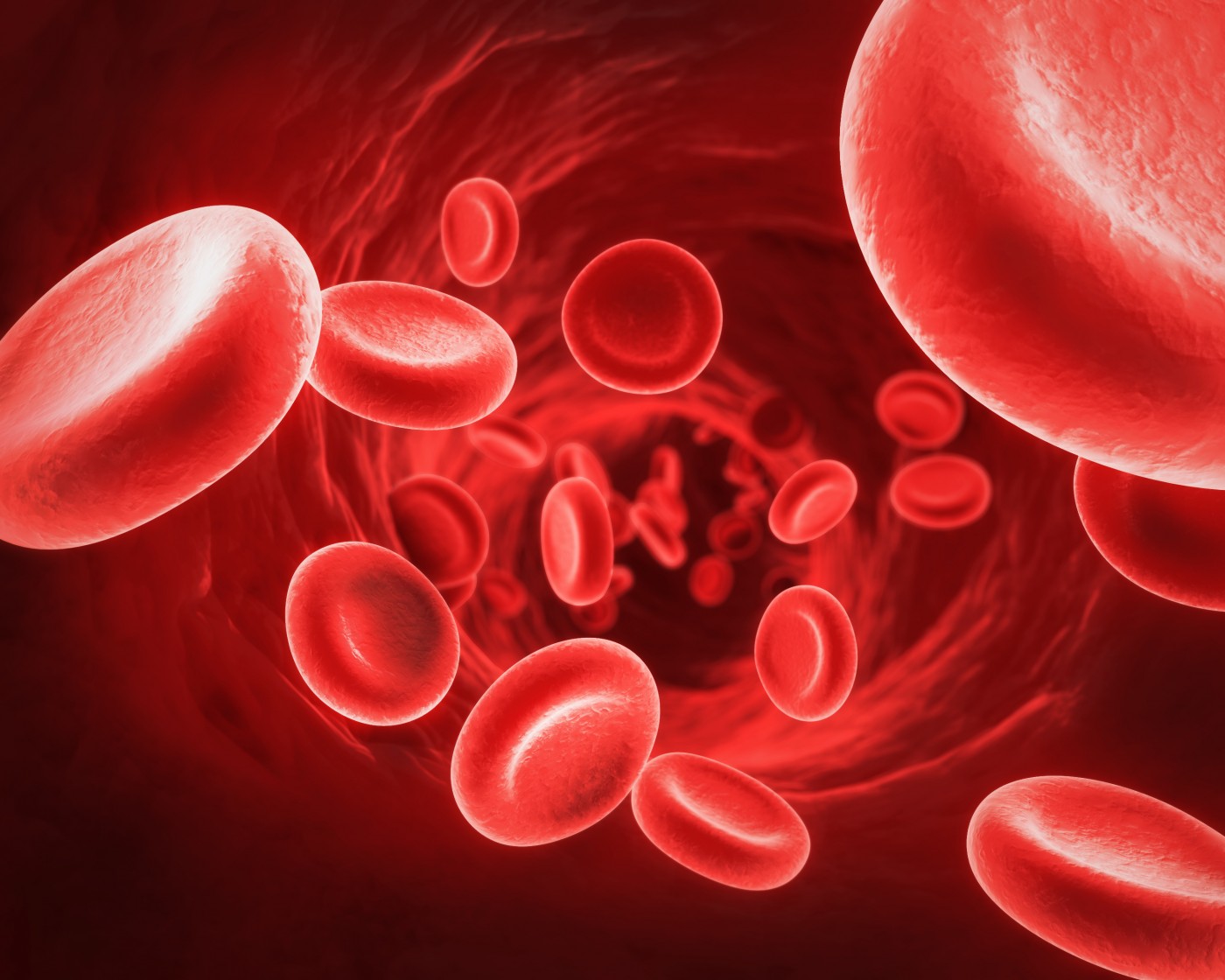Young Sickle Cell Patients Who Don’t Take Medication Have Lower Quality of Life
Written by |

Adolescents and young adults with sickle cell disease (SCD) who don’t regularly take the medication hydroxyurea (or who don’t adhere to prescribed instructions) are generally those with medication-taking barriers such as forgetfulness, lack of access, poor medication knowledge, fear of side effects, or doubts about the drug’s treatment, according to new research. Patients with more barriers to taking their medication tended to have a lower quality of life.
The study, “Barriers to hydroxyurea adherence and health-related quality of life in adolescents and young adults with sickle cell disease,” was published online in the European Journal of Haematology. The researchers focused on clarifying the relationship between these barriers and quality of life for SCD patients.
Sickle cell disease is a lifelong debilitating condition that causes significant health problems and a lower health-related quality of life (HRQOL) over time. Hydroxyurea is an effective and cost-effective drug for both minors and adults with SCD. But adherence to the prescribed treatment remains less than ideal.
The study enrolled 34 SCD patients ages 12–22. Twenty (59%) of the participants were male, 31 (91%) were African American, and three (9%) were Hispanic or Latino.
Of the participants, 32% reported having negative beliefs (that the medication does not work or causes bad effects); 44% had recall barriers (forgetting to take the medication), and 32% had access barriers (high cost for hydroxyurea or unable to refill prescription on time).
“Patients with fewer barriers to hydroxyurea adherence were more likely to have higher adherence rates and better HRQOL scores,” the researchers wrote. “Routine assessment of hydroxyurea adherence and its related barriers could provide actionable information to improve adherence rates, HRQOL and other clinical outcomes.”
As an example, participants who experienced recall barriers reported worse pain, fatigue, and depression symptoms.
Improving the quality of life for sickle cell patients is important for their general well-being. So barriers to following hydroxyurea treatment instructions should be minimized.
“Routine assessment of medication adherence and its related barriers in clinical settings using brief and validated self-report measures could provide actionable information to healthcare professionals about patient adherence status and possible related challenges,” according to the researchers.
They said a comprehensive screening process could help efforts to improve adherence in sickle cell patients who take hydroxyurea, “given the magnitude of different barriers, and to develop patient-centered adherence interventions that would be customized to individual patient needs.”





